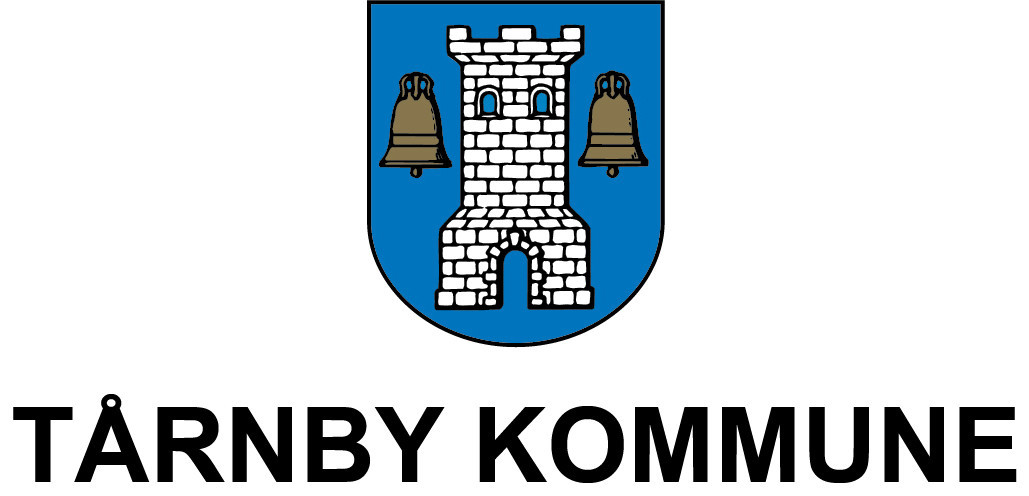Taxation and working remotely if you live in Denmark and work in Sweden
If your job requires or allows you to work remotely, your tax situation can be affected. In this article you can read more about the tax rules that apply when working remotely if you are employed in Sweden, and you live in Denmark.
This information is for EU/EEA citizens only
Which rules apply if you work remotely or according to a hybrid model?
The general rule is that you pay tax in the country that you work in. If you work, have social security, and pay tax in Sweden, your salary will not be double taxed in Denmark, but you must declare your foreign income in your Danish tax return. If you have social security in Denmark, you may have to pay tax in Denmark with the difference between the Swedish tax paid and the calculated Danish tax.
If you work from home in Denmark or otherwise remotely for your Swedish employer, your salary can be taxed in Sweden if you are covered by the Øresund Agreement. This depends on whether you work for a private employer and on the distribution of days working from home/on business trips to third countries and your working days in Sweden. Public sector employees are not covered by the Øresund Agreement.
Read more about the Öresund Agreement under the section "You are a private employee". Find out what applies if you work in the public sector under “You are a public sector employee”.
Read more about the tax return for foreign income on Skat.dk
Read more in our article about social security

If you live in Denmark and commute to Sweden to work for a private company, a special tax agreement, the Øresund Agreement, applies. The agreement means that you are taxed on your entire salary in Sweden, even if you occasionally work from home in Denmark or otherwise remotely (business trips to third countries e.g.), as long as a number of conditions are fulfilled.
To be covered by the Øresund Agreement, you must work in Sweden for at least 50 % of your working hours in each 3-month period. The remaining percentage of working time can be spent working from home in Denmark or otherwise remotely.
When you calculate a 3-month period, it is therefore the ratio of the number of remote working days to the number of working days in Sweden during the 3-month period that is important.
The 3-month periods are calculated continuously and can also begin before and end after the turn of the year. If at least half of the working days in a given 3-month period count as working days in Sweden, the salary for the entire 3-month period will be taxed in Sweden.
Vacation and sick days are counted as working days in Sweden. Public holidays are not counted as working days. Part of a working day in Sweden is counted as a full working day in Sweden.
You can use the Swedish Tax Agency's annual tool to see if you fall out of the Øresund Agreement during the year.
Read more about the Øresund Agreement on Skat.dk

If you live in Denmark, work fully or partly from home and are employed in the public sector in Sweden, you are not covered by the Øresund Agreement. In most cases, you will be taxed in Sweden for the days you have worked in Sweden and in Denmark for the days you have worked in Denmark.
Read more about being a public sector cross-border commuter at Skat.dk
How does working from home affect your social security?
Where you are covered by social security is also affected by how much of your work takes place in Denmark or Sweden. And where you are covered by social security affects whether your income is pensionable in Denmark and where your employer pays employer contributions.
Read more about social security
What do you need to consider in terms of tax as an Øresund commuter?
- Keep track of the number of days you work from home in Denmark, the number of days you have business trips in third countries and the number of working days in Sweden.
- If you have less than 50% of your working days in Sweden in a 3-month period, you are not covered by the Øresund Agreement during that period. This means that only the proportion of your salary that corresponds to the number of active working days in Sweden shall be taxed in Sweden, the rest of the salary will be taxed in Denmark exclusively. You must correct this in your annual tax return by sending a notification of salary distribution to the Swedish and the Danish Tax Agencies.
- You can use the Danish Tax Agency's tool 2023 to see if you are covered by the Øresund Agreement. It helps you calculate which months during the year you have been covered by the Øresund Agreement. Note that this tool is in Danish.
Download the Danish Tax Agency's help tool for 2023 on Skat.dk (in Danish)
Help with keeping track of the days you work from home
The Danish Tax Agency has prepared their tool for 2023 to help you prepare your tax return and annual statement in 2024. The tool makes it easier for cross-border commuters who occasionally work remotely to keep track of their tax situation. You can download the file now and fill in your working days, e.g. every week. This way, you can keep track of your days and see if you're approaching the limit for the number of homeworking days in the Øresund Agreement. At the same time, you'll also be ready quickly when it's time to report in May 2024. The tool is in Danish.
Download the Danish Tax Agency's help tool on Skat.dk (in Danish)
Did you find this information relevant?
Do you want to elaborate?
We can help you
You can always visit our Information Center in Malmø to get help with your questions regarding working, moving or studying in Sweden.











